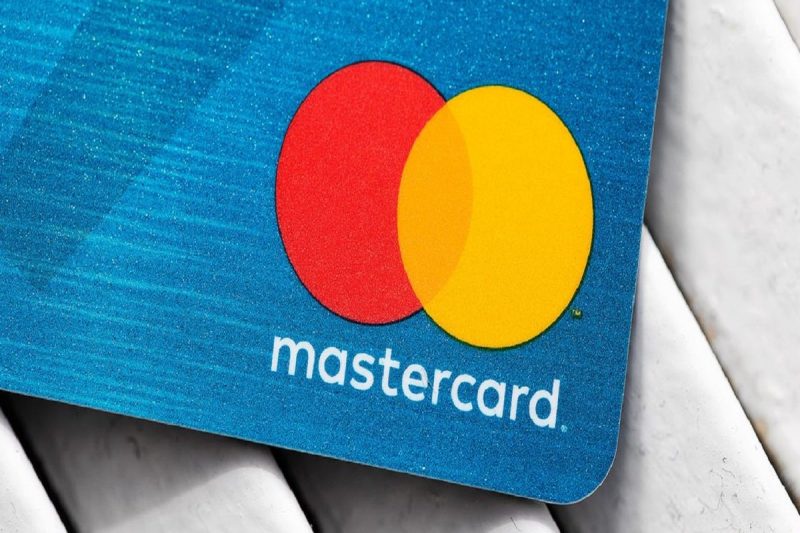
Mastercard Acquires Cybersecurity Firm Recorded Future For $2.65 Billion
Mastercard Inc. has finalized an agreement to acquire cyber-defense company Recorded Future for $2.65 billion, aiming to enhance the security of its extensive global payments network.
The acquisition from the private equity firm Insight Partners is set to bolster credit card giant’s capabilities in employing artificial intelligence to safeguard against cyber threats and fraud.
Mastercard Buys Recorded Future to Fight Cybercrime
Insight Partners had previously acquired a majority stake in Recorded Future in 2019 through a cash transaction valuing the firm at over $780 million.
Recorded Future serves over 1,900 clients across 75 countries, and payment services provider highlighted in its announcement the growing urgency of addressing cybercrime, which is projected to inflict global costs of $9.2 trillion this year.
According to a recent Bloomberg report, Craig Vosburg, the Chief Services Officer at the credit card network, emphasized that the partnership will accelerate innovation, enhance the development of intelligent models, and proactively address potential cyber threats. The transaction is anticipated to close by the first quarter of the upcoming year.
Boosting Self-Custody Crypto with New Debit Card
Mastercard also recently enhanced its support for non-custodial cryptocurrency wallets by partnering with European crypto payments infrastructure provider Mercuryo, a Bitcoin ordinals trading platform. This collaboration led to the introduction of a euro-denominated debit card that permits users to spend their self-stored cryptocurrencies—like Bitcoin—at over 100 million merchants worldwide within the Credit card network.
This initiative followed the launch of a pilot crypto debit card with the MetaMask wallet in August 2024, marking a significant step in Mastercard’s strategy to integrate more closely with the burgeoning sector of digital assets.
The move underscores a growing trend in the cryptocurrency industry: the shift towards self-custody. Unlike traditional custodial wallets, where third parties like banks or exchanges manage the security and storage of digital assets, self-custodial wallets give users complete control over their private keys and, consequently, their funds. This model of digital asset management promotes greater autonomy but also places the onus of security squarely on the individual users.
The post Mastercard Acquires Cybersecurity Firm Recorded Future For $2.65 Billion appeared first on CoinGape.
